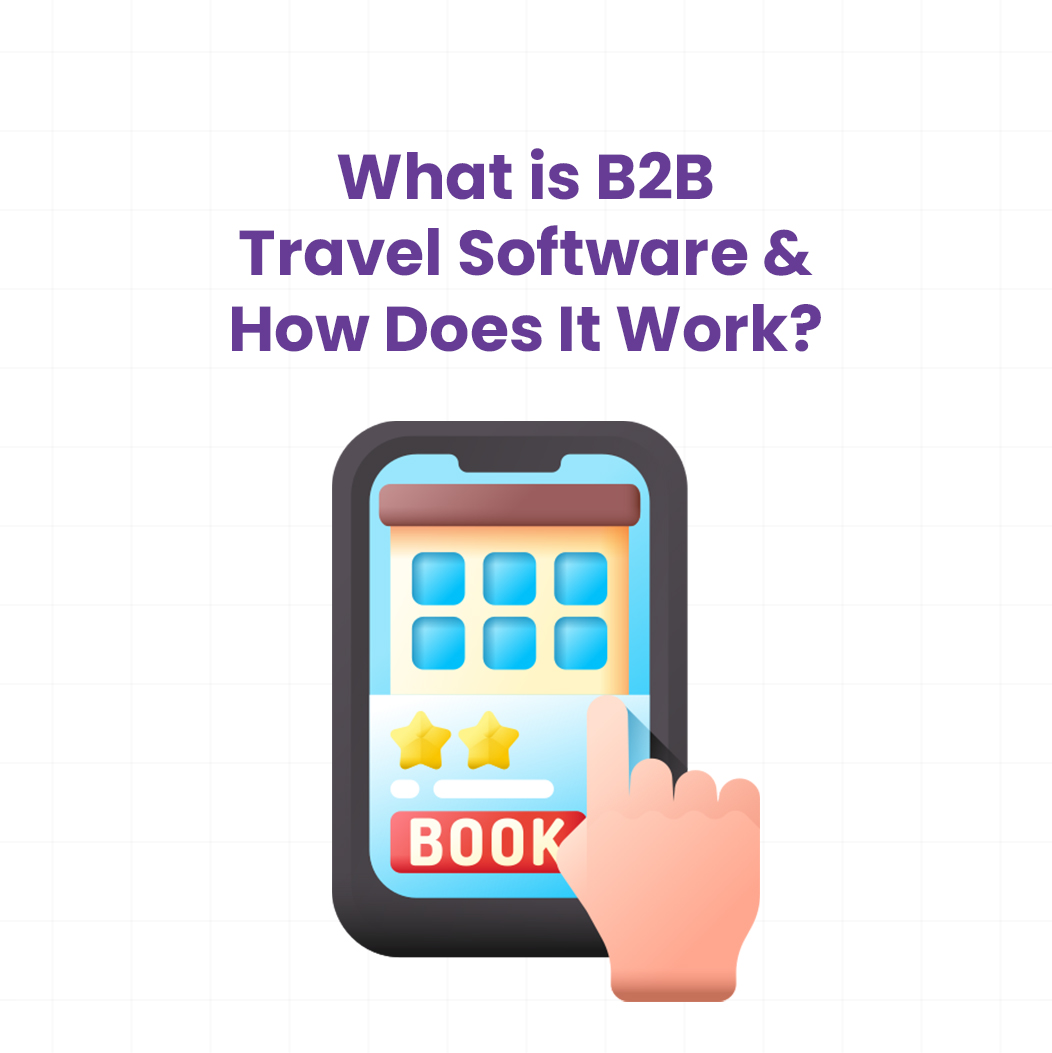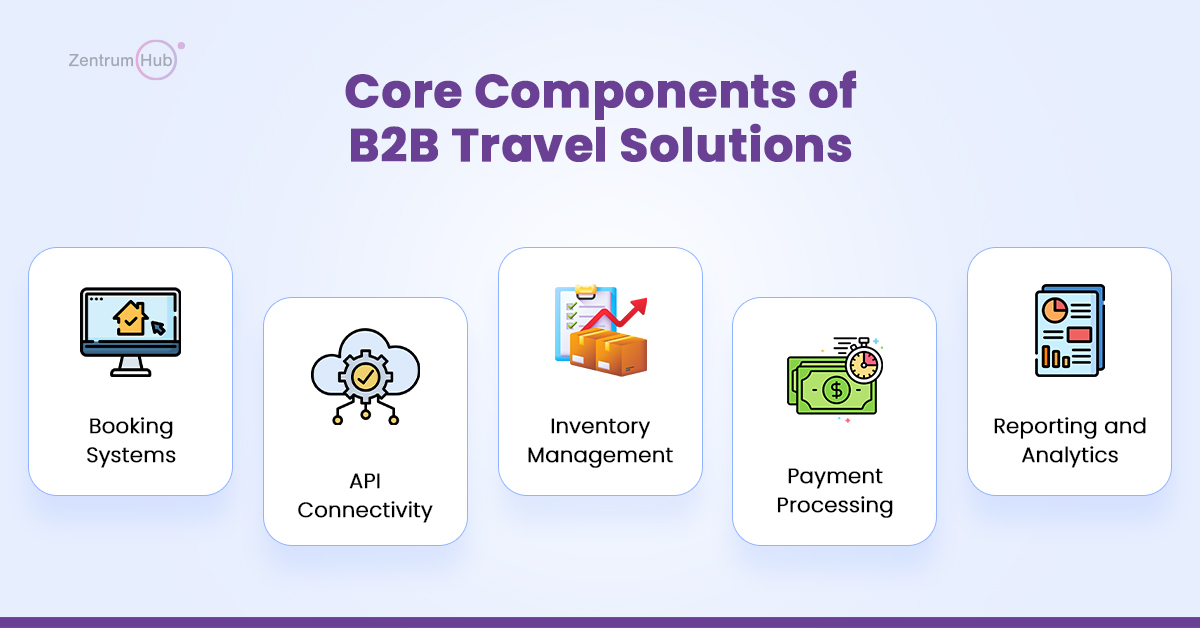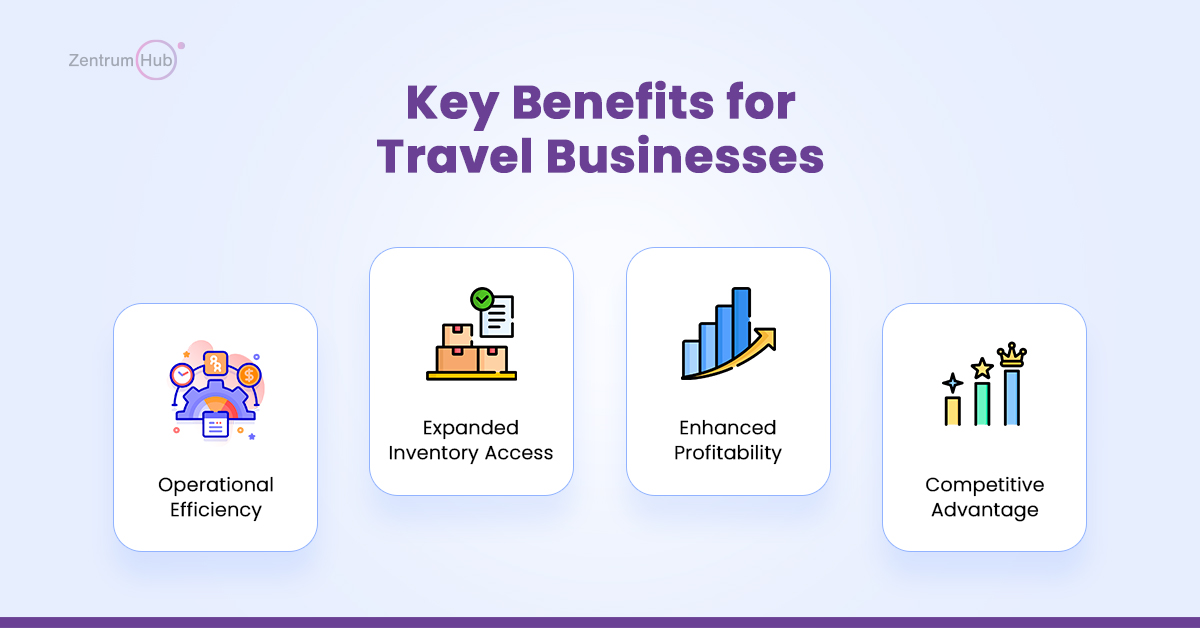
In the rapidly evolving travel industry, technology has reshaped how businesses manage their operations. B2B travel software has become an essential tool for travel agencies, tour operators, and corporate travel departments, helping them streamline their services, improve efficiency, and remain competitive. But what exactly is this software, and how is it transforming the travel business? Let’s explore.
B2B travel software is a specialized platform designed for businesses in the travel industry to facilitate the distribution and management of travel products and services. Unlike consumer-facing travel platforms, this technology connects travel suppliers (airlines, hotels, car rental companies) with travel businesses (travel agencies, tour operators, and corporate travel departments).
The global B2B travel market is experiencing impressive growth, valued at $32.71 billion in 2023 and projected to reach $78.30 billion by 2030, growing at a CAGR of 13.27%. This reflects how crucial these software solutions are to modern travel operations.

The heart of any travel platform is its centralized booking engine, which:
Booking engines in modern systems process thousands of transactions simultaneously, comparing options across hundreds of suppliers in milliseconds to deliver the most competitive offerings.
A powerful feature of travel platforms is API connectivity, which:
APIs in travel platforms handle over 100 billion travel-related queries annually, showcasing their massive scale and importance in connecting suppliers and businesses.
Managing inventory is crucial for efficient operations. The software helps with:
The financial aspect is simplified through:
This ensures that financial transactions are seamless, reducing the potential for errors and manual work.
Data-driven decision-making is made easy with comprehensive analytics, such as:
These insights help businesses refine their pricing and marketing strategies.
Also Read Agent Onboarding in the B2B Hotel Industry: The Key to Scalable Growth
Here’s how the system typically operates in a real-world scenario:

Operational Efficiency
Travel businesses using B2B software see up to 300% more bookings with the same staff while reducing errors by up to 90%, making operations far more efficient.
Expanded Inventory Access
By aggregating data from a wide variety of suppliers, travel businesses can access millions of products, offering customers a broader range of options from one platform.
Enhanced Profitability
Automation of pricing, markups, and commissions ensures businesses make the most profit on every booking. Managing markups properly can increase profit margins by 15-20%.
Competitive Advantage
Real-time updates on pricing and availability allow businesses to offer competitive rates and adjust quickly to market changes.
As technology evolves, so does the capability of travel platforms. In 2025, we can expect more advanced features such as:
AI-Powered Personalization
Artificial intelligence now plays a role in optimizing customer experience by analyzing historical data to provide tailored recommendations and dynamic pricing strategies. AI has helped businesses improve client satisfaction by up to 86%.
Sustainability Features
Given the rising focus on eco-friendly travel, software platforms now include features to calculate and display carbon footprints, prioritize sustainable options, and facilitate carbon offsetting.
Mobile-First Approach
Mobile capabilities are increasingly important. Platforms offer fully functional mobile apps that allow travel agents and managers to book and manage itineraries on the go.
Enhanced Security and Compliance
With the growing importance of data security, platforms now include features such as two-factor authentication, end-to-end encryption, and GDPR compliance tools to ensure data privacy and security.
When choosing the right software, travel businesses should consider:
Technical Infrastructure
Supplier Network
Customization Capabilities
Support and Training
User community and knowledge-sharing platforms
B2B travel software has become an integral tool for modern travel businesses, providing a unified platform that streamlines booking, payment processing, and inventory management. By automating key processes, offering real-time updates, and delivering valuable insights, these platforms allow businesses to grow efficiently and stay competitive in a rapidly changing landscape.
Investing in the right B2B software is not just a technological decision—it’s a strategic move that will help businesses meet future challenges and maintain a competitive edge in the evolving travel industry.
